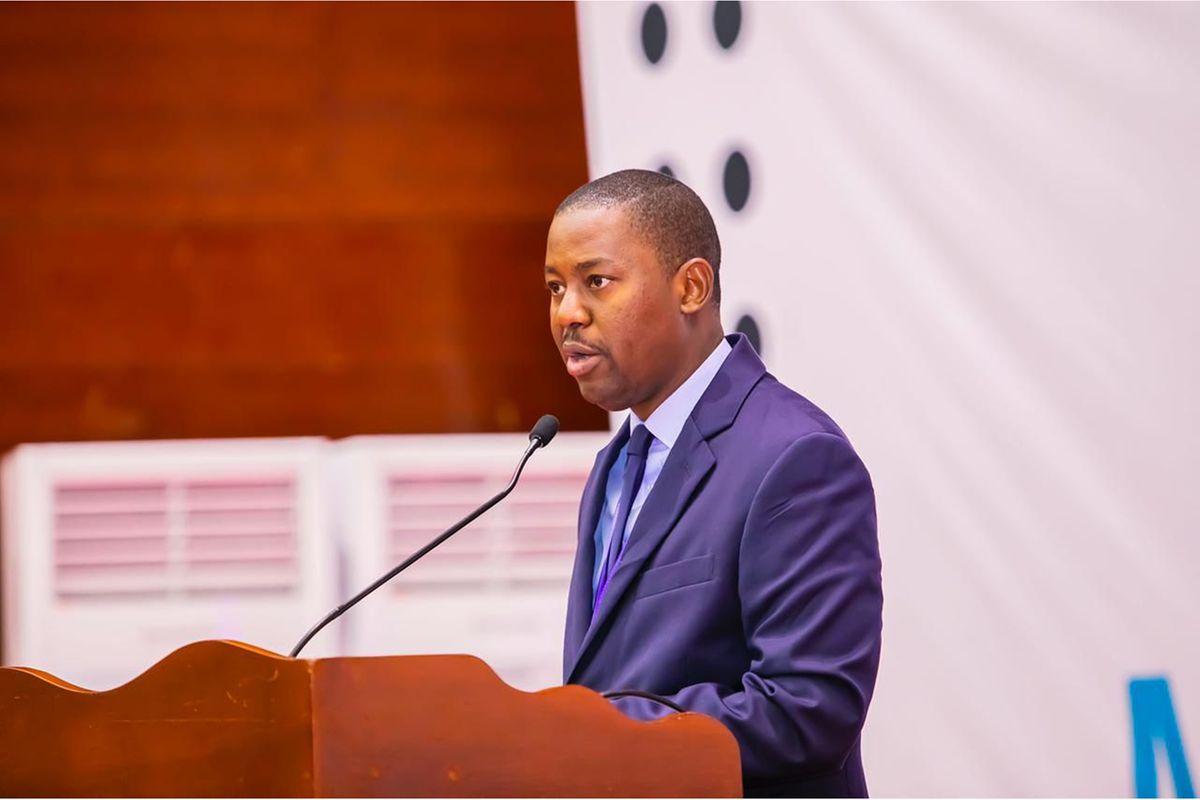Dar es Salaam. Tanzania Investment Centre (TIC) has registered 409 investment projects between January and June 2024 worth $3.09 billion, including 385 new ventures and 24 others flagged for expansion.
Registered projects are part of 1,000 investment projects targeted for 2024 worth $5 billion in foreign investment and $3.5 billion in domestic investment.
The TIC target is 293 more compared to projects achieved in the 2023/24 financial year ending in June 30th, 2024.
Data from TIC shows that the leading sector in attracting capital through investment projects between January and June 2024 was manufacturing, which registered 196 projects worth $1.42 billion.
The number of projects and their respective capital in brackets are transportation, with 68 projects ($570.55 million), 45 commercial building projects ($501.9 million), 40 tourism projects ($225.44 million), five human resource, health, and education projects valued at $123.8 million, and seven energy investment projects ($80 million).
Of the total registered investment projects, 165 belong to Tanzanians, 185 to foreigners, and 59 are joint venture projects between local investors and foreigners.
TIC executive director, Mr Gilead Teri, exclusively told The Citizen that apart from targeting to increase registration of domestic investment projects, the centre has invested to transform Tanzanians mindsets about investment.
“Through the ongoing National Investment Promotion Campaign, TIC is educating Tanzanians on the need to change their perceptions and attitudes about investment and equally start grabbing investment opportunities like foreign investors,” he said.
He said the campaign aims at stimulating and growing citizens’ enthusiasm and starting to collaborate with key investment stakeholders in achieving their investment goals. In conducting the two-phase campaign, TIC is in collaboration with the CRDB Bank, the Tanzania Chamber of Commerce Industry and Agriculture (TCCIA), and the Tanzania Women Chamber of Commerce (TWCC).
The first phase targeted 17 regions, including Mwanza, Geita, Shinyanga, Tabora, Singida, Manyara, Arusha, Kilimanjaro, Tanga, Pwani, Morogoro, Dodoma, Iringa, Njombe, Mbeya, Songwe, and Mtwara.
The Kagera, Mara, Simiyu, Lindi, Ruvuma, Rukwa, Katavi, and Kigoma regions will be reached in its second phase.
It will be extended to the Unguja and Pemba islands in collaboration with the Zanzibar Investment Promotion Authority (Zipa).
During the first phase, interests have been drawn in agriculture, fishing, livestock farming, mining, mineral processing, pharmaceuticals and medical equipment manufacturing, fish, and agro-processing.
“Tanzanians have been attracted to benefit from tax and non-tax incentives provided by the government through TIC to reduce investment capital for their projects,” said Mr Teri.
Furthermore, Mr Teri said the government has reduced the minimum investment capital from $100,000 to $50,000 under the Investment Act 2022.
Speaking on the TIC support, Jitegemee Holding’s mining manager, Mr Bosco Mabena, said the coal mine located in Mbinga District, Ruvuma Region, got fiscal incentives to facilitate effective implementation of the project, particularly import duty relief at a tune of 75 percent and the Value Added Tax (VAT) deferment.
This has enabled the mine to import machinery and trucks as the company strives to meet domestic and regional demands, especially among East African countries, including Kenya, Uganda, Rwanda, Burundi, and the Democratic Republic of the Congo (DRC), according to him.
Mr Omary Msigwa, alias Super Feo, has partnered with a Chinese investor in mobilising $2 million (about Sh5 billion) in capital for the establishment of a milling factory with 100 tonnes per day capacity.
The factory targets both the domestic market and East African countries, including Rwanda, Burundi, and the Democratic Republic of the Congo (DRC).
“The project was registered with TIC in 2020 and significantly benefited from tax exemption for imports of milling equipment, therefore increasing the company’s capital,” he said.
Lindi District Commissioner Shaibu Ndemanga urged Tanzanians to actively take advantage of an improved investment environment, highlighting the importance of domestic investment for the country’s economic liberation and attracting foreign investment.















